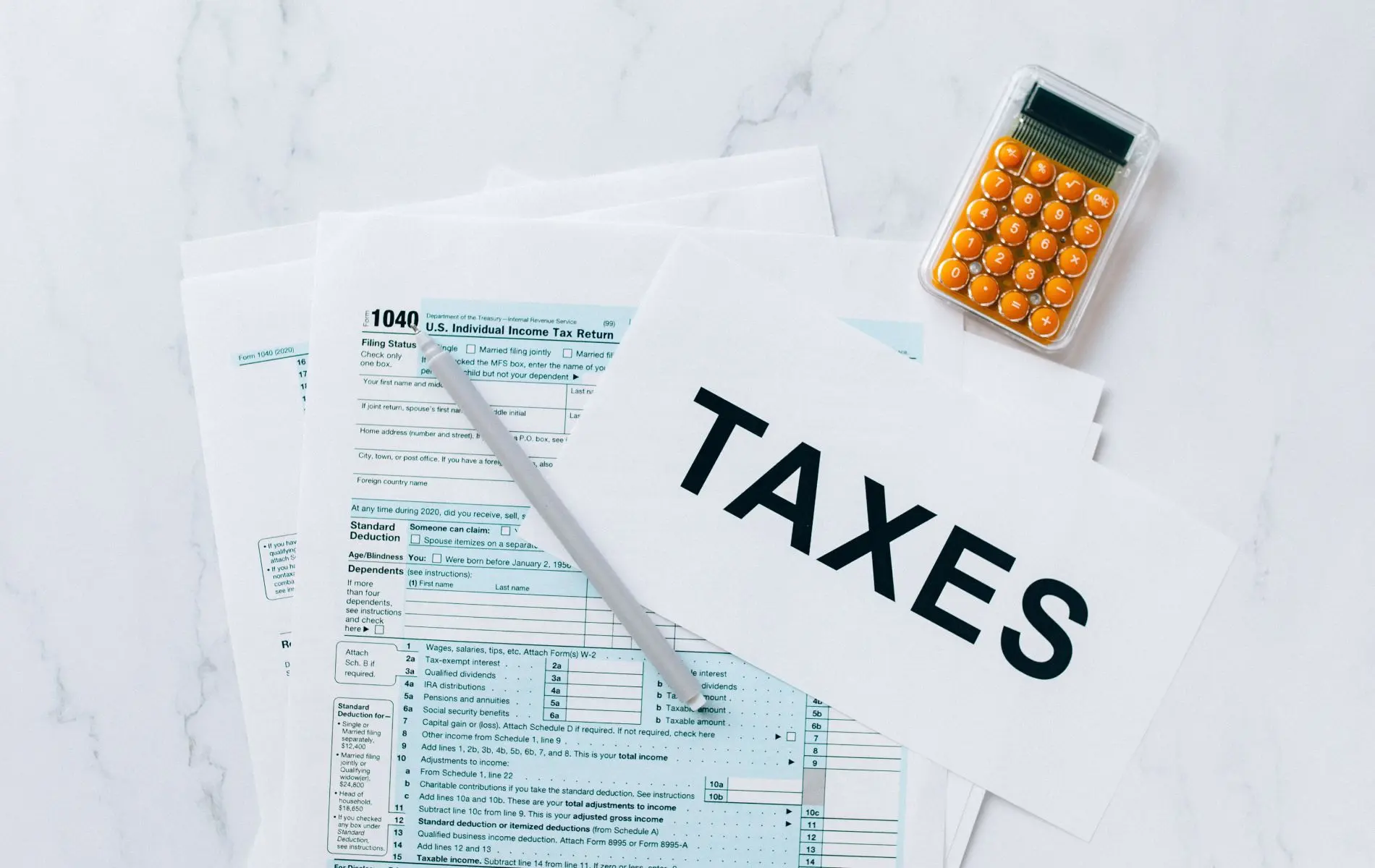Jewelry 4
the Jewels
Learn the stories of our Female Sahaba's through Art!

As Noorever, we have made it our mission to spread the teachings of our dear Prophet (peace be upon him) through the greatest driver of our time, art!
Check out our English and Turkish content to get a glimpse of Noorever!
Learn the stories of our Female Sahaba's through Art!



A tax organization, often referred to as a tax agency or tax authority, is a governmental or administrative body responsible for collecting taxes from individuals, businesses, and other entities within a particular jurisdiction. These organizations play a vital role in funding public services and government operations by ensuring that tax revenues are collected efficiently and fairly. They collect various types of taxes, such as income taxes, sales taxes, property taxes, and corporate taxes. This involves setting tax rates, processing tax returns, and collecting payments from taxpayers.
Organization head - Daniel Lawrence
Choosing the right tax organization depends on various factors, including the nature of the business, the number of owners, liability concerns, and tax implications. It's crucial to consult with a qualified tax professional or legal advisor to determine the most suitable tax organization for your specific situation.

Our primary aim is to assist individuals and businesses in navigating the complexities of the tax code while ensuring compliance with all relevant laws and regulations. We strive to empower our clients with the knowledge and resources they need to make informed financial decisions.

The primary purpose of our tax organization is to provide comprehensive tax planning, preparation, and advisory services to individuals, businesses, and organizations. We aim to help our clients optimize their financial situations by minimizing tax burdens and maximizing opportunities for growth and savings.

Tax organizations are responsible for collecting taxes from individuals, businesses, and other entities in accordance with the tax laws and regulations of their jurisdiction. They develop and implement processes for receiving tax payments, including electronic payment systems, tax filing platforms, and physical collection centers.
Set specific goals for what you want to achieve with your tax literacy. For example, you might want to understand how to optimize your tax deductions, reduce your tax liability, or simply navigate tax forms more effectively.
Invest time in learning about the basics of taxation. Start with fundamental concepts such as income, deductions, credits, and tax rates. Utilize online resources, tax guides, books, and courses to expand your tax knowledge. Many universities and educational platforms offer courses on taxation.
Collect taxes from individuals and businesses efficiently and fairly.
One of the most common methods for collecting income taxes is through withholding at the source. Employers deduct income taxes from employees' paychecks before distributing wages. Similarly, financial institutions may withhold taxes on interest, dividends, and capital gains.
Taxpayers are required to file annual or periodic tax returns, depending on the type of tax. These returns provide a detailed account of income, deductions, and credits. Taxpayers calculate their tax liability based on these returns and remit any additional taxes owed.
Some individuals and businesses are required to make estimated tax payments throughout the year, typically on a quarterly basis. This is common for self-employed individuals, freelancers, and businesses that do not have taxes withheld at the source.
Tax organizations encourage electronic filing and online payment methods to streamline the tax collection process. Taxpayers can file returns electronically, and many tax authorities offer online portals for making tax payments.
A tax organization typically consists of various positions.

A tax organization typically consists of several departments that work together to ensure compliance with tax laws and regulations, facilitate the collection of taxes, and provide assistance to taxpayers. While the specific structure and organization of tax departments may vary depending on the jurisdiction and the size of the organization. The Tax Compliance Department is responsible for ensuring that taxpayers and businesses comply with tax laws and regulations. This department plays a crucial role in collecting revenue for the government by conducting audits, reviewing tax returns, and identifying discrepancies or potential fraud.
Comply with tax laws and regulations.
Collecting taxes owed by individuals, businesses, and other entities.
Providing assistance and support to taxpayers.
You may need to contact a tax organization for various reasons, including filing your taxes, seeking information about tax regulations, resolving tax disputes, or requesting assistance with tax-related issues.
You can typically find contact information for tax organizations on their official websites, through government directories, or by calling the relevant government agency or department responsible for taxation.
Tax compliance involves following all tax laws and regulations while accurately reporting and paying your taxes on time. It's crucial to avoid penalties, fines, and legal consequences associated with non-compliance.
Tax filing deadlines vary by country and entity type. In the United States, for example, the individual tax filing deadline is typically April 15th, while business tax deadlines vary based on the type of entity and its fiscal year.
Many tax organizations provide online filing options through their websites or through authorized e-filing services. You can also use tax preparation software to file your taxes electronically.
If you can't pay your tax bill in full, it's essential to contact the tax organization promptly. They may offer options such as installment plans or temporary extensions to help you meet your tax obligations.